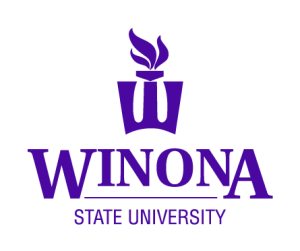 Winona State University recently announced that they will waive application fees for students transferring to Winona State from Minnesota State College Southeast as well as Riverland Community College. The change is applicable to students who are applying to study at any Winona State University program location.
Winona State University recently announced that they will waive application fees for students transferring to Winona State from Minnesota State College Southeast as well as Riverland Community College. The change is applicable to students who are applying to study at any Winona State University program location.
To get their application fee waived, students simply need to skip the payment portion of their application process, and Winona State will automatically process the waiver after that point.
According to Denise McDowell, Vice President for Enrollment Management and Student Life at WSU, this is one more step Winona State is taking to streamline the transfer pathway for students who want to attend Winona State.
“WSU is committed to enhancing our existing relationships with 2-year colleges,” said McDowell, “especially our close neighbors who we already have strong partnerships with. The majority of Winona State’s students come from within 150 miles,” she continued, “and we know for various reasons, the best option for some students is to start their college career at a 2-year institution. This latest announcement will allow us to better support transfer students and make their path easier to a 4-year degree at an institution close to home or work.”
Brian Jicinsky, Director of Admissions at WSU, said that from an admissions standpoint, the university has seen great benefits from a similar agreement they have with Rochester Community and Technical College, with the 2-year school remaining one of WSU’s strongest feeder schools. “We have seen through that agreement that anything we can do to remove barriers and streamline the transfer process makes it easier on students to move through,” he said. “Southeast and Riverland are already great partners for WSU; these new agreements are just one more step forward we can take together.”
This decision is the latest step Winona State has taken in building stronger transfer pathways throughout the region. Last year, the university announced an initiative to offer renewable resident tuition scholarships to transfer students who are originally from a non-reciprocity state, but currently attend a Minnesota State Community or Technical College. This program allows qualifying students to pay in-state tuition when they would have otherwise been required to pay the non-resident rate due to their home state not having a reciprocity agreement with the state of Minnesota.
“Removing these types of barriers allows the university to focus less on the process and more on each student and what their individual academic needs are,” said McDowell. “As we continue to find new opportunities to streamline the transfer process for students, we will hopefully lead them to learn more about Winona State, fill out an application, and make their final decision to join our community of learners improving our world.”
